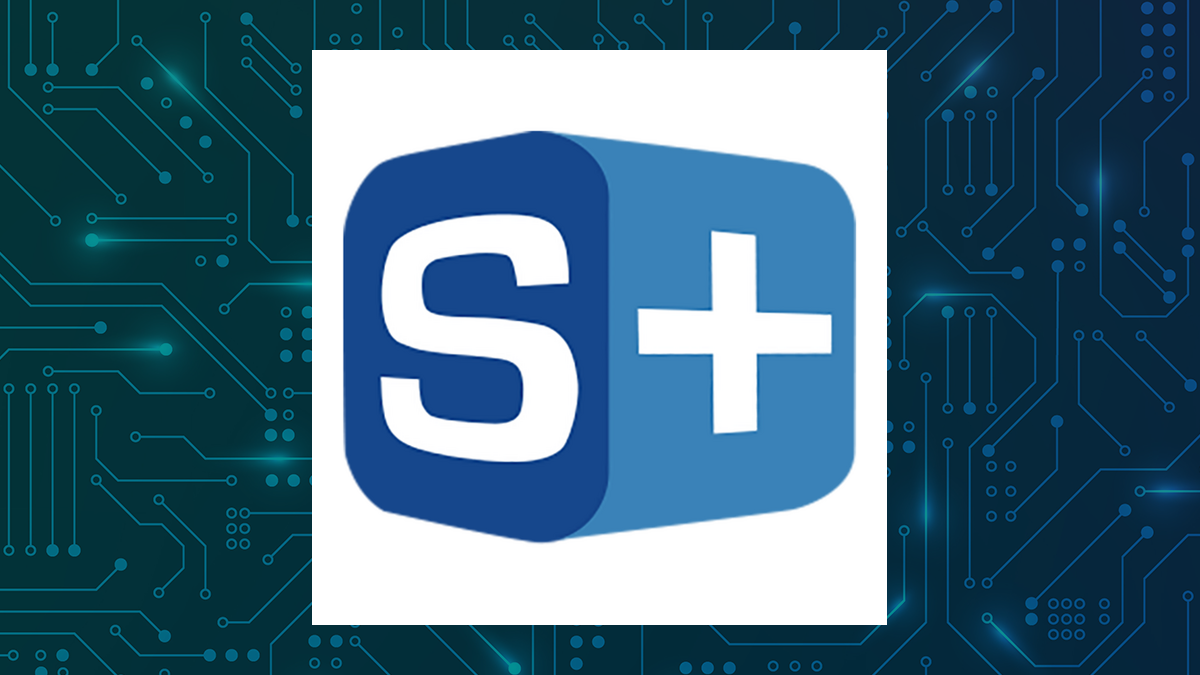A new startup affiliated with Cornell University is pioneering a non-invasive approach to monitoring heart and lung health using radio waves. SensVita aims to develop a clinical-grade sensing platform that tracks vital signs without wires, electrodes, or any contact with the skin. The company has recently joined Cornell’s Praxis Center for Venture Development, an incubator designed to support engineering and science startups.
“SensVita has a noncontact, passive way of monitoring cardiac activity and breath activity,” said Bob Scharf, the academic administrative director at Praxis. The initial target group for this technology includes patients who are difficult to monitor, such as those in memory care or neonatal patients.
The concept behind SensVita is both innovative and straightforward: it utilizes near-field radio frequency sensing to detect subtle physiological movements within the body. SensVita’s sensors can be placed in a room, within furniture, or incorporated into clothing, allowing for continuous monitoring of cardiac and respiratory metrics without burdening patients. This technology could provide both patients and healthcare professionals with real-time data, eliminating the need for complex devices and intrusive procedures.
The foundation of this technology emerged from the research conducted by Edwin Kan, a professor in the School of Electrical and Computer Engineering at Cornell. Students and researchers in his lab developed near-field coherent sensing systems that direct electromagnetic signals into body tissue to identify internal movements, such as heartbeats and blood flow. Thomas Conroy, a Ph.D. student graduating in 2024, transformed this research into SensVita during his time at Cornell.
“When I joined Cornell electrical engineering in 2019, I began working on noninvasive touchless health sensors,” Conroy explained. He dedicated five years to research and development, culminating in the founding of SensVita in 2023. Scharf played a pivotal role in Conroy’s entrepreneurial journey, connecting him with legal resources and providing guidance on essential business practices.
Conroy co-founded SensVita with his father, James Conroy, who has a background in medical device businesses. The duo aims to transition the sensing platform from its prototype phase into a market-ready product suitable for health systems, chronically ill patients, and remote monitoring providers.
The startup’s entry into Cornell’s entrepreneurial ecosystem also includes opportunities within the Jacobs Technion-Cornell Institute at Cornell Tech’s Runway incubator program. In February 2025, SensVita received a significant boost with a $305,000 Phase I STTR grant from the National Science Foundation. This funding will aid in advancing their technology toward pilot studies and eventual commercialization.
Focusing on chronic disease management, SensVita is particularly interested in conditions such as heart failure, chronic obstructive pulmonary disease (COPD), and sleep apnea—conditions that require regular monitoring. Conroy emphasized the importance of continuous data in identifying subtle declines in health that could lead to costly hospitalizations.
The market for remote monitoring is substantial, given that frequent hospital readmissions can cost billions and significantly strain chronic care systems. “We are focused on people at a high risk for going back to the hospital,” Conroy stated. SensVita aims to supplement existing technologies like ECGs and imaging by providing a continuous monitoring solution that fills a crucial gap.
Investors are increasingly drawn to health technology that is passive, noninvasive, and scalable. SensVita’s zero-contact model is expected to appeal to home settings, assisted living environments, and patients who are reluctant to use conventional wearables.
Before deploying this technology on human subjects, SensVita will first conduct animal testing, assessing vital signs for changes in heart and lung health. Access to Cornell’s College of Veterinary Medicine will facilitate these critical tests.
If successful, SensVita could become a significant player in the expanding remote patient monitoring (RPM) market. Many healthcare systems now reimburse for RPM services, and the shift towards home-based care continues to gain momentum. Scharf noted that SensVita’s no-contact approach distinguishes it in a competitive field. “This is technology covered by multiple Cornell patents. Everyone acknowledges Cornell is the leader in this concept,” he said.
With support from the Praxis Center, SensVita has access to advanced instrumentation and facilities, which would be challenging to replicate outside of the Cornell ecosystem. As the demand for innovative health monitoring solutions grows, SensVita is positioned to make a meaningful impact in the way health data is collected and utilized.







